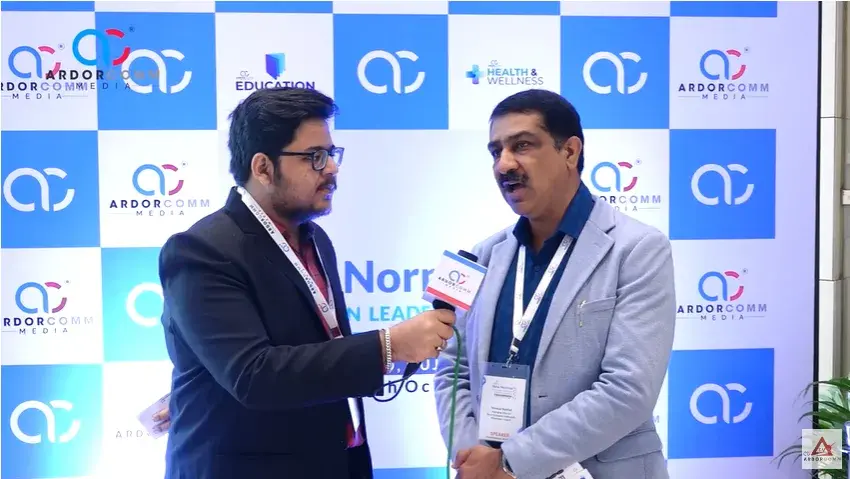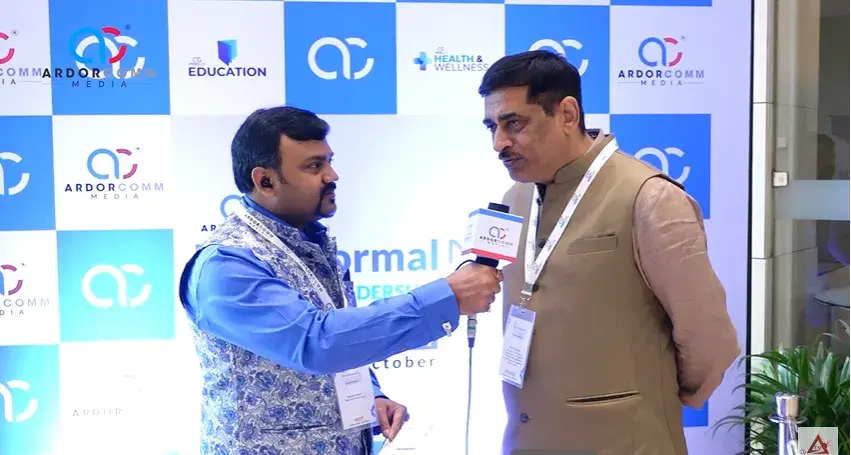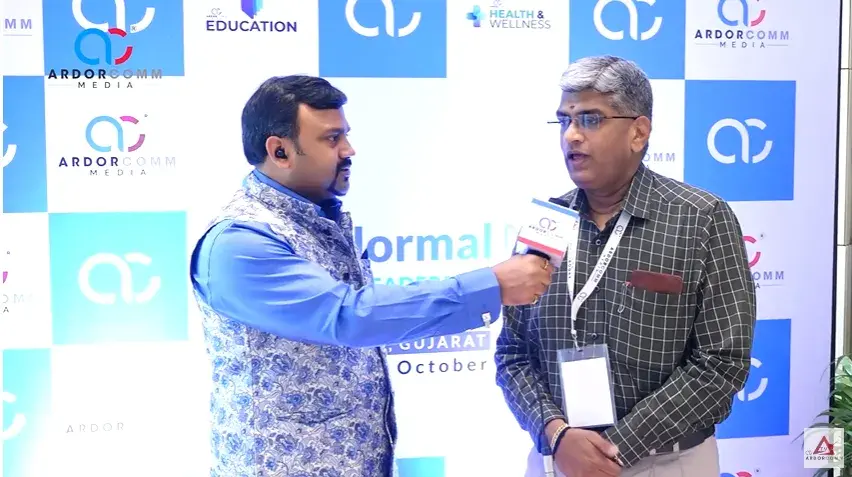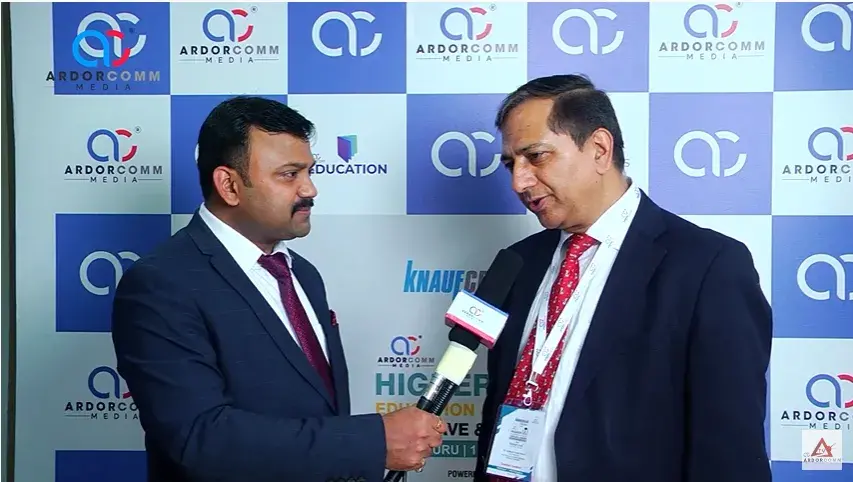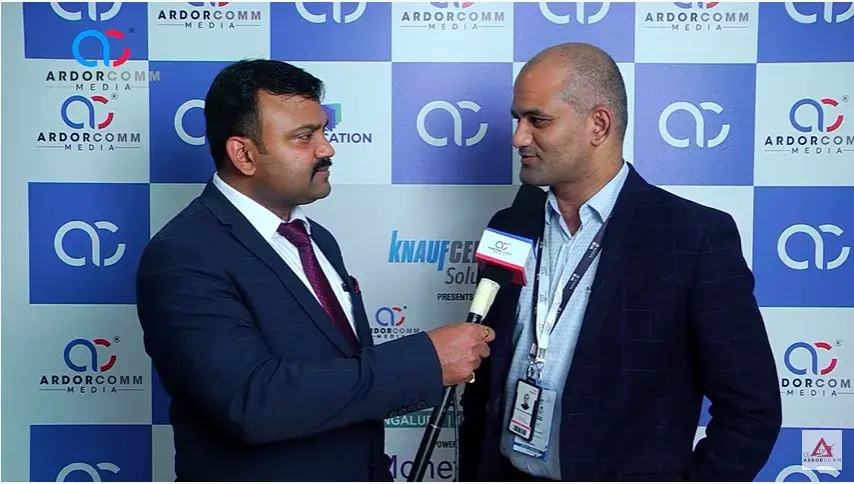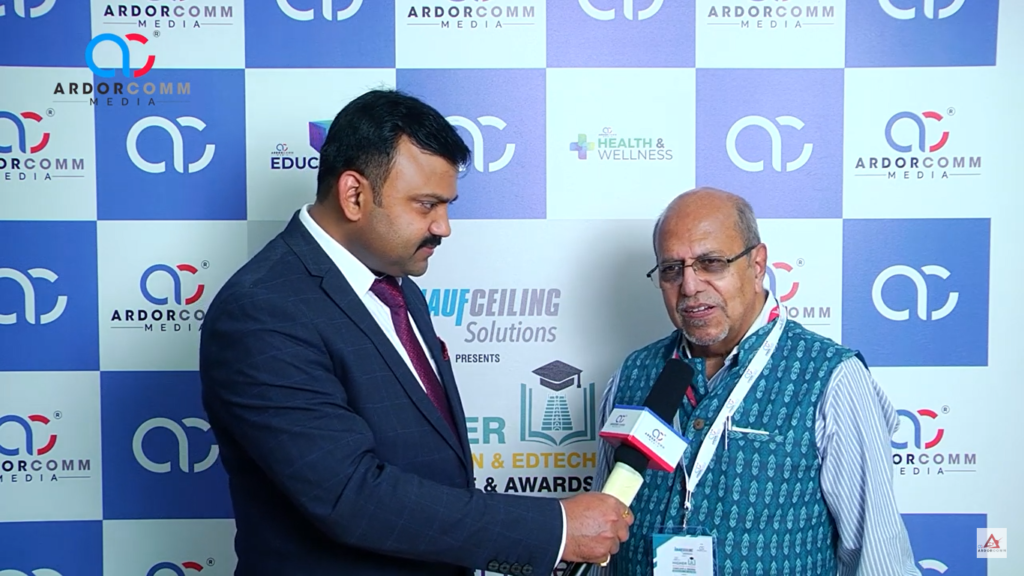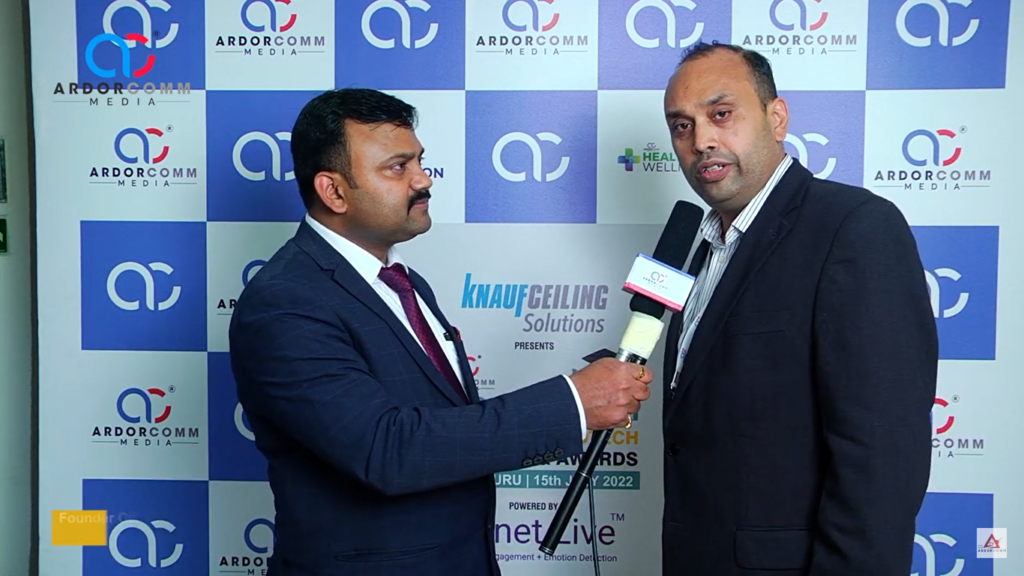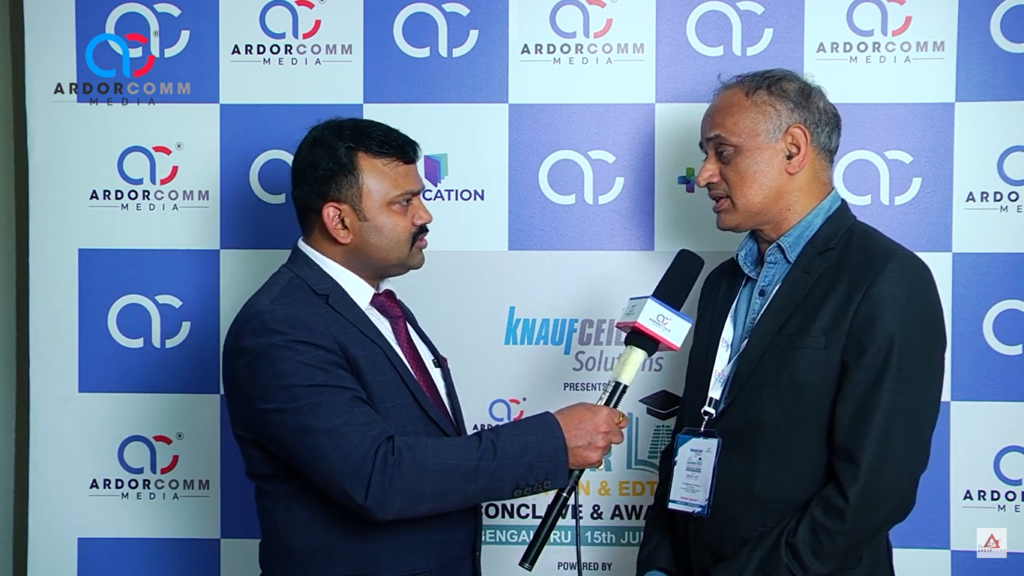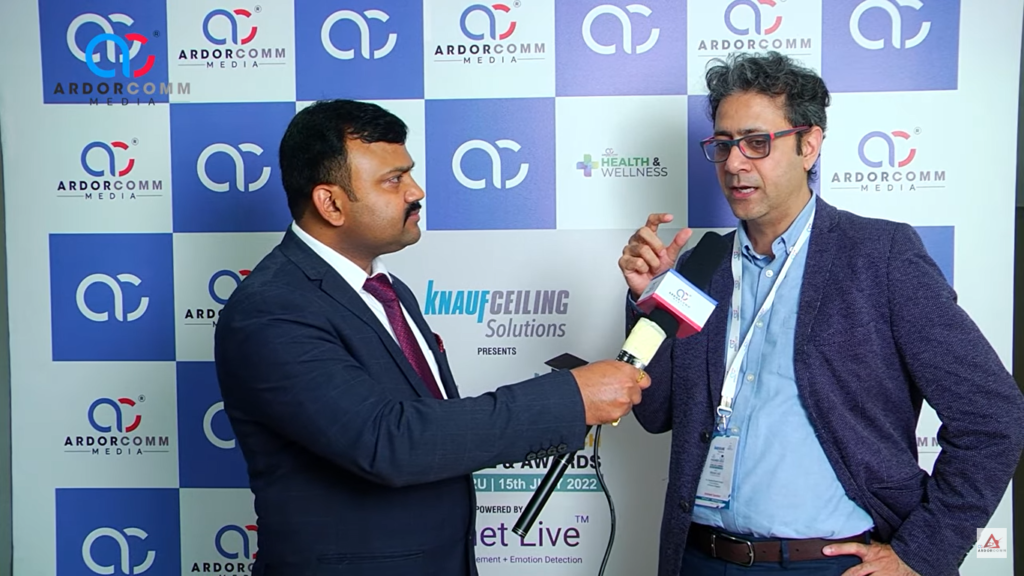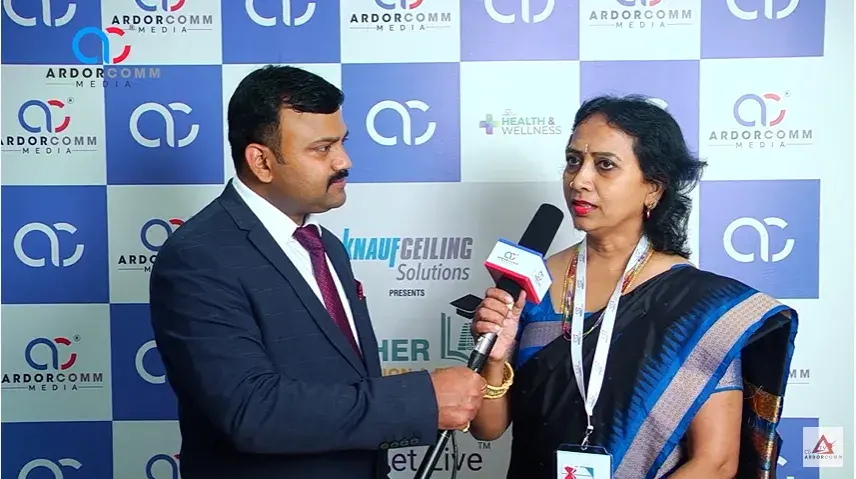“We have mandated at our university that minimum 30% of the curriculum needs to be taught by industry experts which means if I have 30 hours, minimum 10 hours need to be taught by industry people,” says Dr. Dwarika Prasad Uniyal, Pro Vice-Chancellor, RV University, Bangalore in an interview with Chandan Anand, Founding Editor, ArdorComm Media Group at the ‘ArdorComm – Higher Education and Edtech Conclave & Awards 2022’ #HEETbengaluru I’m in touch with you Dr. Dwarika since many of the organizations, past few of the organization which was pre-pandemic and few of the organization which was post pandemic, any achievement under your leadership when you sailed off during this journey? I would rather not say achievement but I think we all had to adapt right, pandemic was once in a lifetime situation which we were facing and we didn’t know how to face it and one of the most important aspect was to how do you redefine, reimagine teaching learning. So, yes you have buildings, you have faculty, you have curriculum but how do you realign all of that learning in a situation where nobody can come to the campus, teachers can’t come, everything has to be closed so it’s not that straight away get into digital part of it right, you have to think through about how and especially where we are teaching liberal education both at Flame and of course at RV now, we have to completely rethink about the pedagogy about the courses to be taught not in the lecture mode. How do you go about making changes in the concept, how do you make changes in the application? How do you make changes in students are doing on their own? Evaluation has to be thought through so that the challenge was to train the teachers and also train the students to be self-learner otherwise it’s always been you know we have given assignment we have to come submit get it evaluated, now nobody is watching you here right now how do you go about making changes there was the question and what we have done is invested a lot in technology invested a lot in LMS, invested a lot in training our faculty, changing in curriculum, engaging with the western universities bringing industry which was very difficult initially because you have to fly them down to a city and today with zoom and other things it was easier for us to bring lot of those inputs so it was I would rather say not as something rocket science but it fundamentally changed the way we looked at teaching learning and how universities need to be of ready for the future. Would you like to focus on certain points like industry interface and the industry interaction especially which could be helpful during the placements for the students? That’s a central part of it right every profession needs to be linked with what is happening in academia at the same time industry needs to be a equal partner, it can’t be a customer right after four years three years two years you come and say we want placements similarly academia, universities, business schools and others have to see industry as somebody who would provide not just internship not just a live project but actively involved in the creation of the curriculum. At the same time also, delivery of the curriculum and today with blended and others it is easy to bring industry experts on a regular basis. We have mandated at our university that minimum 30% of the curriculum needs to be taught by industry experts which means if I have 30 hours minimum 10 hours need to be taught by industry people. It can be through zoom, it can be something else and hence faculty has to rethink faculty doesn’t know everything so you have to bring that industry input and also get it delivered by the industry and work your projects accordingly so that there is a better coordination. So, that is really coming up now and thankfully industry is also very open today earlier it used to be closed, they used to come only during the placements now they are starting from the admissions to orientation to courses they are you know letting their colleagues to go and teach in institutions earlier they were very closed that we will not send our experts to these institutions now they’re very open to send across. We have seen many transformations for many of the educational institutions, how did RV university played a role especially when you thought this pandemic would be an opportunity for you in expanding your horizons nationally or internationally in teaching exchange or maybe effective student exchange? Oh yes, we actually looked at the pandemic as an opportunity to become much more global than we had thought otherwise and because international universities were also looking at Indian footprint, global footprint they were also much more open to engage and hence in last one year’s time we have forged relationship with almost 20 international universities for student exchange faculty exchange joint research and now with UGC allowing us we are moving towards dual degree and joint degree programs. We just signed an MOU with Bryant University from Rhode Island, the dean was here Dr Madan, their provost was very much involved Dr Rupendra there we are working with creating a three plus one model which is three years in India, one year with them in the advanced accounting program. We are working on two plus two programs in the BBA on the business analytics we’re working on one plus one MA in economics is Virginia tech in the initial stages with Bryant we’re looking at joint degree in the executive MBA, where their faculty will come they teach, our people will go to Bryant university. So, thanks to people’s openness to now recognizing online learning, blended learning as a legitimate teaching tool. Even UGC is now allowing it with almost 40 percent through

